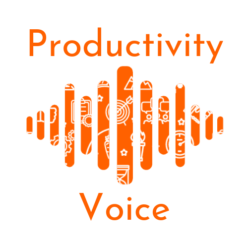If you are not familiar with Seth Godin book, Linchpin, please do yourself a favor, go to this link in Amazon and buy it.
A lot of organizations had linchpins, but a lot of them don’t do the diligent work to ensure that those linchpins stay happy, and for the longest time possible.
According to the New Oxford Dictionary, linchpins, are those people or things that are vital to an enterprise or organization.
Many times this linchpins play a role that is not easily noted, they are so vital that people tend to take them for granted. Years ago, I heard the story of a lady in the Social Security Administration that when she retire (after keeping the department by herself for more than 40 years) was replaced by 5 computers and 5 people to handle them.They were also all the time late, and somehow this person was always on time. I also learn of a person that was promoted to a different department on her organization and her position was replaced by three people, and these three people could not keep up with the work load, she is another linchpin. Years ago, I also learn of a person that use to handle the Sales for the Latin American division. This division had never made profit. For the two years this person handle the division, not only the division saw profit, the second year that division close in Latin America the biggest deal they had ever had on one of their products, later this person leave the company, no replacement had been able to repeat those results, this person was also a linchpin.

What is the cost of a linchpin when they leave? Probably is impossible to calculate, but I can assure you is really high. The problem is organizations are afraid to loose linchpins, so instead of keep them, motivate them and allow them grown and engage with more, they hope they stay there forever, and hope is alway bad news in business.
Organizations are in most cases aware of this linchpins, so this is the people with the biggest load of work, but at the same time is the people that get pass in promotions, and get motivated the least, and pushed the most. It’s true, linchpins, will move forward, despite of all that, but also eventually will move away, linchpins believe in the organizations, and are somehow conscious that their job is vital for the organization, and they are proud of it. That’s at least until the moment the straw breakthe camel back, or should I say the linchpin back. When that happen, you just lost that linchpin, and your expenses will go up exponentially.
Are you ignoring your linchpins, hoping that they stay, or are you trying to get this linchpins to attract more linchpins for your organization? Are you aware of the cost of this linchpin if he or she leaves? Are you making sure your linchpin is happy and motivated, or again you are just hoping?











